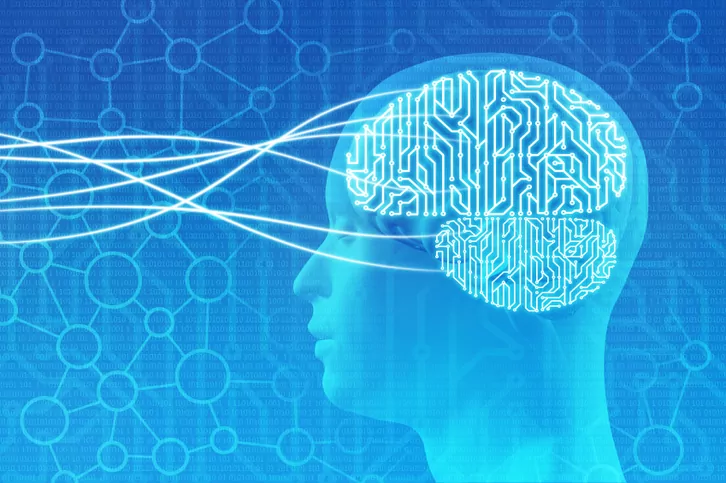TOTT NEWS.
Wireless technology that allows for human brain implants to be analysed remotely is now possible, thanks to researchers at the University of Queensland.
It is a world-first.
Queensland researchers have come up with a new way to use wireless technology in brain implant technology, allowing for patients can be treated from anywhere in world.
A collaborative project, involving researchers at the University of Queensland (UQ), have created the world’s first integrated and completely wireless remote care platform.

This digital platform allows clinicians to monitor patients remotely, as well as adjust the device to treat and alleviate symptoms in real time.
How do they do that?
This new technology will link to developing brain-reading devices, such as implants in the brain.
According to the release by UQ:
“Electrodes are surgically inserted into the brain and electrical stimulation is delivered by a pacemaker which alters brain function – providing therapeutic relief and improving quality of life.”
Many neurological disorders like Parkinson’s, chronic depression and other psychiatric conditions could be managed at home with this new apparatus.
The release states that the system also fosters increasingly personalised treatment and data-driven clinical decisions, which could improve patient care.
The digital health platform for remote neuromodulation systems has regulatory approval and was launched in Australia in October 2021, making our country a world leader in deep brain stimulation ever since.

SBS program Insight recently covered a new brain implant that can translate your thoughts into text, and from bionic eyes to mind-controlled texts, Australia leads the push to merge the human brain with technology.
This merge is beginning to manifest and will be a large part of our future.Advertisements
THE RISE OF BCI
In recent years, the push to advance brain-computer interfaces (BCI) has certainly ramped up.
There is a lot is going on in the rapidly emerging field of brain-computer interface (BCI) design.

Corporations and governments have recently been making aggressive investments in technology explicitly created to allow your mind to control and interact with connected devices.
Heavy hitters from Silicon Valley, such as Elon Musk’s Neuralink, are throwing their weight behind developing BCI technology.
From experiments on animals and early forms of the technology (such as pacemakers, etc), this technology has been pushed leaps-and-bounds in recent years — now beginning to hit the human brain.
The latest trial has seen four paralysed patients now able to operate a computer using only their thoughts, thanks to a brain implant developed in part by a professor at Carnegie Mellon University.
The BCI device allowed the patients to write emails and texts, browse the web and perform everyday tasks like online shopping and banking.

But there are problems that remain behind the scenes.
BCI technology is largely unregulated and the genuine effects of this technology are yet to be fathomed.
For example, in one BCI-patient examination, published in Nature and conducted by researchers at the University of Tasmania, ‘Patient 6’ — who had been given a BCI for epilepsy — came to feel such a “radical symbiosis” with the device implanted in her that, she said, “it became me.”
Electrodes had been implanted on the surface of her brain that would send a signal to a hand-held device when they detected signs of impending epileptic activity. On hearing a warning from the device, she knew to take a dose of medication to halt the coming seizure.
Other researchers have also studied computers that monitor brain activity, suggesting BCI devices affect each individual differently from a psychologically perspective.
‘It became me’.
A very telling quote in review of her experiences.
Could the BCI push be a cover for transhumanism to fulfil its mission?
Don’t take this lightly: Although it is still relatively early days, psychological continuity can be disrupted, not only by the imposition of neurotechnology, but also by its removal.
This could potentially lead to future scenarios where companies can essentially own your ‘sense of self’.
A serious lack of rights for our brain and mental states is also a serious issue that is not being addressed.
A Brave New World awaits humanity and Australian scientists are front-and-centre.


